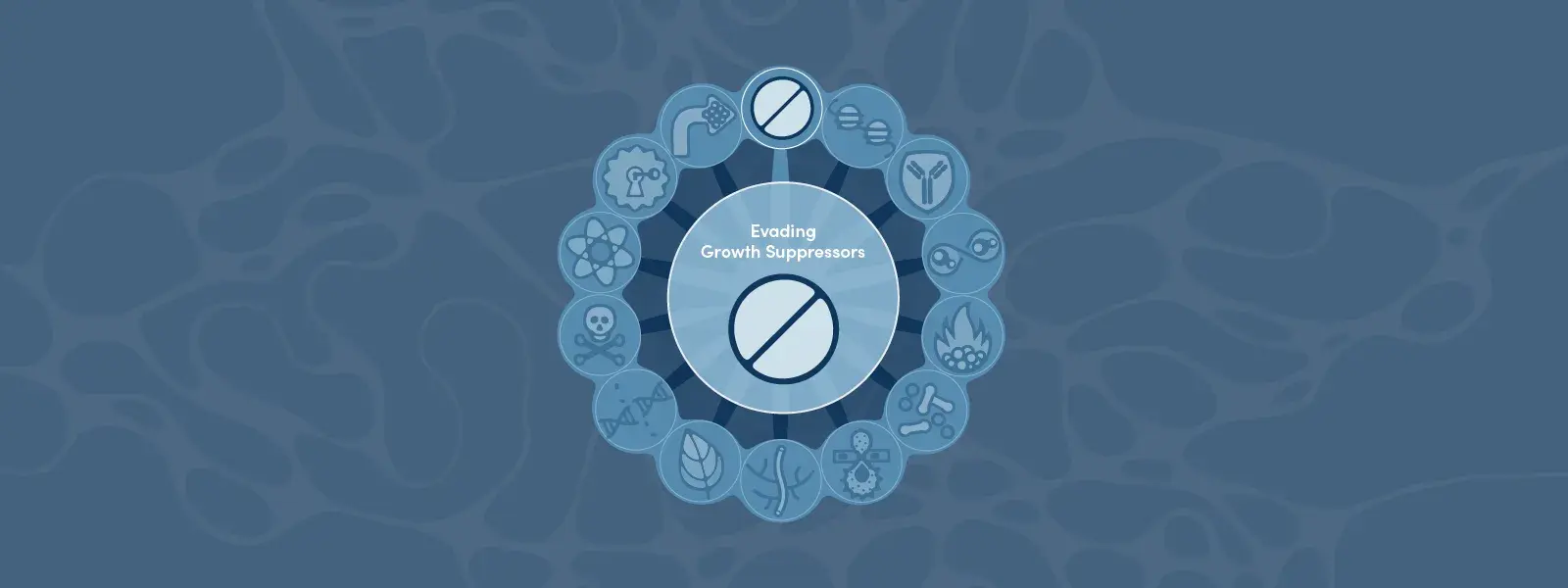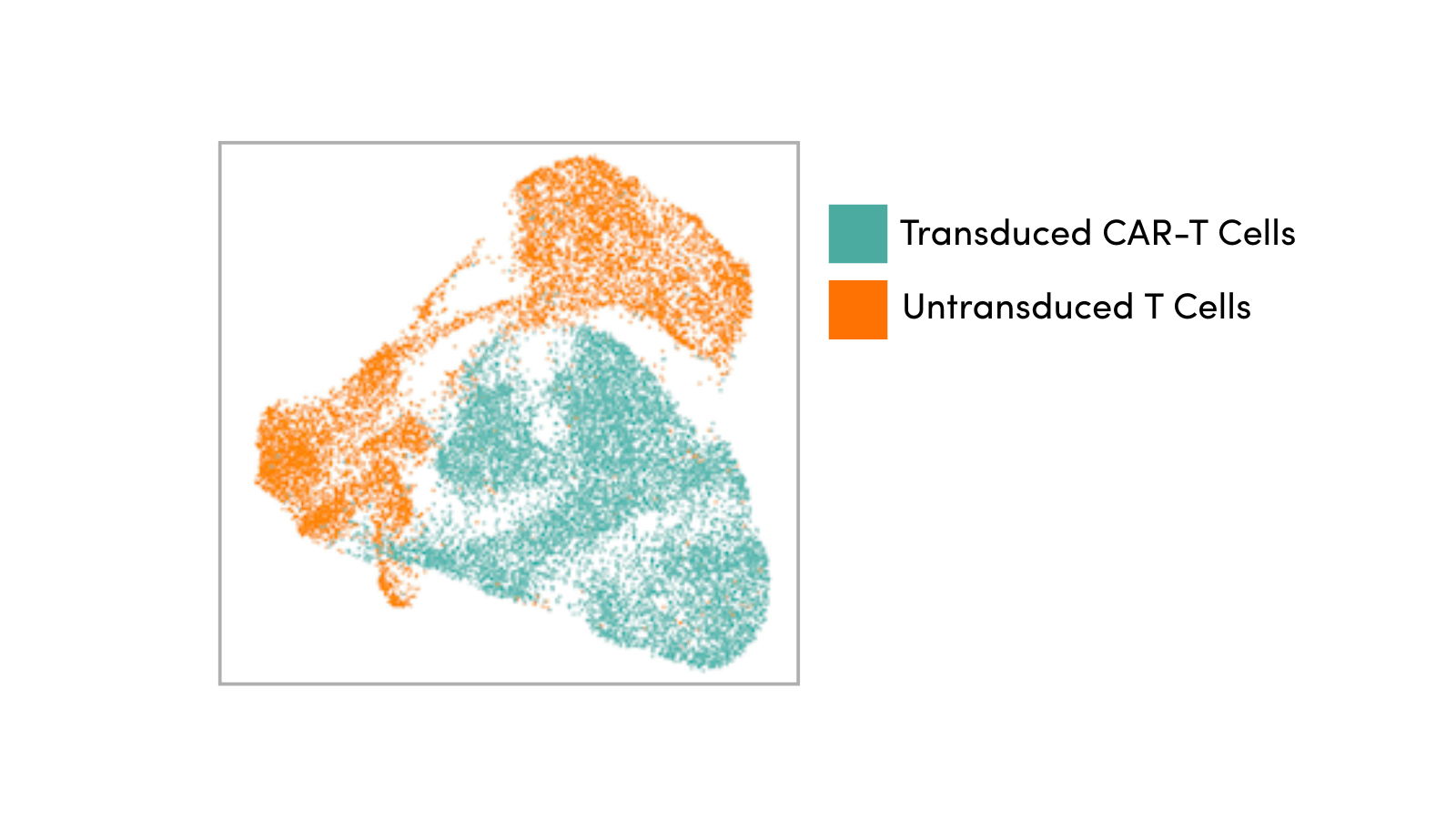Within the complex landscape of biomedical research, antibodies stand as critical tools for scientific discovery; they are fundamental for understanding cellular processes, disease mechanisms, and potential therapeutic interventions. Unfortunately, in many instances, the reliability of antibody reagents has been a real concern. As a scientist at CST, I know firsthand the challenges researchers face in selecting and validating high-quality antibodies. That’s why, for over 25 years, we have been steadfast in our commitment to producing only the highest-quality reagents for scientific research and discovery. We are proud to set the industry standard for product performance.
A key part of this commitment is working with organizations like the Antibody Characterization through Open Science (YCharOS, pronounced “Icarus”) group, a Canadian public interest open science company with the goal of conducting independent antibody characterization studies for every human protein. With over 7.7 million research antibody products on the market, manufactured by nearly 350 global suppliers (CiteAb), YCharOS’ initiative is a huge undertaking that represents a transformative approach to the longstanding issues in antibody validation. As part of my role at CST, I collaborate with YCharOS researchers by providing antibodies, data, and scientific knowledge to assess experimental findings and ensure product excellence.
YCharOS’ distinctive approach to antibody characterization promises to reshape the research community’s approach to antibody validation. This article explores the YCharOS methodology and provides CST’s perspective on the importance of this initiative for scientific research.
Scientific Reproducibility: The Genesis of a Critical Challenge
For over a decade, research reproducibility has been a critical challenge for the scientific research community, with inadequately validated antibodies emerging as a significant contributing factor. The scope of this problem was starkly highlighted by a large-scale study that revealed that about 50% of commercially available antibodies failed to demonstrate consistent specificity across different applications.1,2 While antibody validation is essential for reliable research, many researchers struggle with the complicated process and often fail to conduct sufficient validation procedures.2,3,4
 |
Blog: Do You Trust Your Research Antibody? |
A major contributing factor to this issue is the ongoing debate surrounding proper antibody validation methods. In 2016, the International Working Group for Antibody Validation, an ad hoc committee of international scientists with diverse research interests, stepped forward to address these concerns. The group, which includes renowned researchers Aled Edwards and David Rimm, proposed guidance for validation procedures and suggested that antibody validation should be corroborated with antibody-independent quantification (i.e., orthogonal validation) or genetic approaches.5,8 Among these, genetic controls using knockout (KO) strategies have gained traction as an additional approach to confirm antibody specificity, where the gene for the target protein has been deleted. However, widespread adoption of these strategies can be limited by the availability of KO cell lines or animals for many proteins, as well as their time-consuming and costly nature.8
In response to these challenges, Aled Edwards, Peter McPherson, Carl Laflamme, and colleagues established YCharOS, an independent third-party initiative focused on validating commercial monoclonal and recombinant antibodies. This organization operates with a unique structure: It maintains a not-for-profit status, has no investors, abstains from seeking intellectual property/patents, and commits to placing all data into the public domain without restrictions.6,7,8
YCharOS Platform Methodology: A Collaborative and Transparent Approach
The YCharOS platform distinguishes itself through its collaborative nature, bringing together academic researchers and industry partners, including prominent antibody manufacturers. The core methodology centers on using:
- Unbiased transcriptomic databases to ensure that positive control cell lines express endogenous levels of the target protein and
- Knockout (KO) cell lines as isogenic controls.8,9
The initiative's evaluation of antibody performance incorporates three critical applications: Western blot (WB) (Figure 1A,D), immunoprecipitation (IP)(Figure 1 B,E), and immunofluorescence (IF) (Figure 1C,F) for detection. This comprehensive setup allows for direct comparisons between multiple antibodies from various providers against each target protein using both wild-type and knockout controls8,9 (Figure 1 A-F).
 Fig1A,B,C: Reproduced with permission from Ayoubi et al., Elife, 2023. Fig1 D,E,F Credit: Riham Ayoubi et al. April 2024. Published under CC by 4.0.
Fig1A,B,C: Reproduced with permission from Ayoubi et al., Elife, 2023. Fig1 D,E,F Credit: Riham Ayoubi et al. April 2024. Published under CC by 4.0.
Figure 1. Antibody characterization through (A,D) Western Blot, (B,E) immunoprecipitation followed by WB to compare IP enrichment against starting material (SM) and unbound fraction (UB), and (C,F) immunofluorescence (IF) in wild-type (WT) and knock-out KO cell line mosaic.
Importantly, CST actively displays the WB KO antibody characterization data from YCharOS on our product websites as additional validation data to help scientists select the most appropriate products for their research needs.
You can see an example of this data on the CST product catalog webpage for Rab3A (D7B10) Rabbit mAb #12214 below:
Figure 2. CST product webpage for Rab3A (D7B10) Rabbit mAb #12214, showing the YCharOS data.
Key Strengths of the YCharOS Platform
- Comprehensive Validation Strategy: The platform leverages genetic strategies to help complement traditional orthogonal approaches. KO cell lines have the potential to help researchers further characterize/differentiate between specific and non-specific antibody binding.
- Scalability and Accessibility: One of the most compelling aspects of the YCharOS platform is its accessibility. The protocols are designed to be implemented with minimal technological limitations. As of March 2024, the platform has already tested 859 antibodies targeting 96 human proteins, showcasing its scalability.9 The initiative shows promise in potentially reaching 80% of all commercial recombinant and monoclonal antibodies.9
- Open Data Dissemination: Transparency is a cornerstone of the YCharOS approach. All characterization data are openly disseminated through ZENODO, complete with Digital Object Identifiers (DOIs). This commitment to open science allows researchers worldwide to access comprehensive antibody performance data, helping to facilitate more informed reagent selection.9
YCharOS is actively working to add additional applications to their characterization platform, including immunohistochemistry.
"CST follows rigorous procedures for antibody testing in immunohistochemistry, one of the applications missing from the YCharOS workflow," says Riham, Director of Operations at YCharOS. "As we expand our antibody characterization efforts in this important application, we've been appreciative of the hands-on training we've received from the amazing CST scientists."
While the impact has been substantial, YCharOS acknowledges its limitations. Despite the success of the WB, IP, and IF protocols described, the use of a single protocol can be limiting, as differences in buffers, blocking reagents, antibody dilutions, and other protocol details can influence antibody performance. Additionally, reports are not often annotated with features that facilitate interpretation when such interpretations are not straightforward and require familiarity with the protein target of interest. For example, abundance of target protein or isoform expression levels in the cell line being used is a critical factor that can influence performance. Certain scenarios, such as evaluating antibodies against post-translational modifications or essential genes, may require additional optimization. This candid and transparent approach underscores the platform's commitment to scientific rigor.
A Call to Action for Researchers
From a manufacturer's perspective, YCharOS represents more than a validation method—it's a catalyst for continuous improvement. The platform provides manufacturers like Cell Signaling Technology with positive reinforcement regarding specificity and critical feedback in a few cases, enabling us to continuously reassess and enhance our product lines.
As part of our ongoing commitment to antibody excellence, we encourage all of our customers to:
- Check YCharOS data when selecting antibodies
- Access our detailed application-specific validation data (including Simple Western, IHC, ChIP, Flow, etc.) and numerous peer-reviewed publication citations on product pages
- Contact our technical support team for:
- Application-specific guidance from CST scientists
- Inquiries about our extensive lot-to-lot consistency testing
- To discuss your specific research needs
- Share your experiences with our products
Join Us in Advancing Science
At CST, we believe that better tools lead to better science. We view the YCharOS platform not just as a methodology, but as a movement to echo our long-standing belief in robust, reproducible, scientific research. By prioritizing specificity, transparency, and collaborative development, we are not just selling antibodies—we’re helping to build a future of experimentation with a reliable foundation of scientific knowledge and tools; a future where our research colleagues in the community can conduct scientific investigations with increased confidence and efficiency.
CST is proud to be a company founded and led by active research scientists. This is the lens through which we approach antibody development and why we’re dedicated to the highest standards of product quality, which is exemplified by our rigorous antibody validation procedures, the availability of detailed product data, and our extensive technical support.
Learn more about our award-winning antibody products and see how our commitment to quality through initiatives like YCharOS is helping advance scientific discovery:
Select References
- Berglund L, Björling E, Oksvold P, et al. A genecentric Human Protein Atlas for expression profiles based on antibodies. Mol Cell Proteomics. 2008;7(10):2019-2027. doi:10.1074/mcp.R800013-MCP200
- Baker M. Many researchers fail to validate antibodies for their experiments. Nature. 2016;doi:10.1038/nature.2016.20192
- Andersson S, Sundberg M, Pristovsek N, et al. Insufficient antibody validation challenges oestrogen receptor beta research. Nat Commun. 2017;8:15840. Published 2017 Jun 15. doi:10.1038/ncomms15840
- Voskuil JLA, Bandrowski A, Begley CG, et al. The Antibody Society's antibody validation webinar series. MAbs. 2020;12(1):1794421. doi:10.1080/19420862.2020.1794421
- Uhlen M, Bandrowski A, Carr S, et al. A proposal for validation of antibodies. Nat Methods. 2016;13(10):823-827. doi:10.1038/nmeth.3995
- Biddle MS, Virk HS. YCharOS open antibody characterisation data: Lessons learned and progress made. F1000Res. 2023;12:1344. Published 2023 Oct 16. doi:10.12688/f1000research.141719.1
- Ayoubi R, Ryan J, Biddle MS, et al. Scaling of an antibody validation procedure enables quantification of antibody performance in major research applications. Elife. 2023;12:RP91645. Published 2023 Nov 23. doi:10.7554/eLife.91645
- Monteiro, F.L., Voskuil, J.L.A. & Williams, C. YCharOS protocol for antibody validation. Nat Protoc. 2024. https://doi.org/10.1038/s41596-024-01108-6
- Ayoubi R, Ryan J, Gonzalez Bolivar S, et al. A consensus platform for antibody characterization. Nat Protoc. Published online December 17, 2024. doi:10.1038/s41596-024-01095-8
24-BRE-95201









